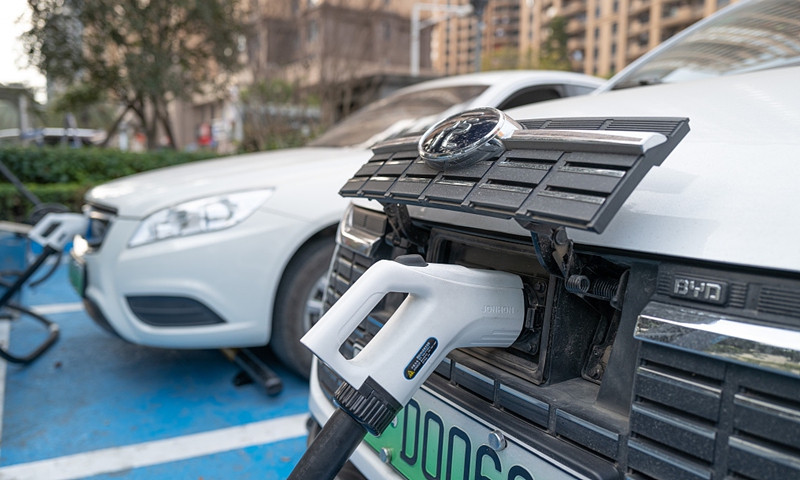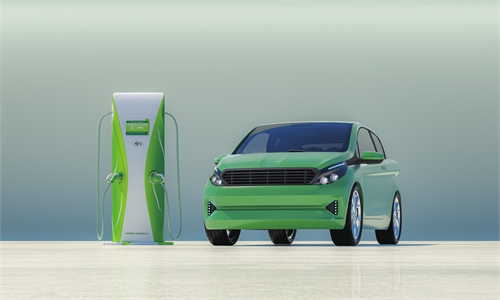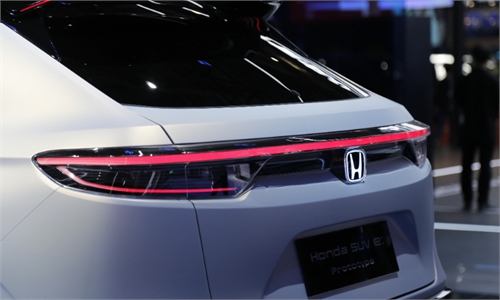
NEV Photo:VCG
China will extend the exemption of purchase taxes on new-energy vehicles (NEVs) for another year until the end of 2023 to support the development of the sector and boost consumption, the Ministry of Finance said on Monday.It's the third extension since China introduced the policy in 2014. The latest exemption had been set to expire at the end of this year. The renewed exemption applies to NEVs purchased from January 1, 2023 to December 31, 2023, and it covers pure electric vehicles, plug-in hybrid electric vehicles and fuel cell electric vehicles that meet certain requirements.
The move could greatly promote the development of China's NEV industry, Cui Dongshu, secretary general of the China Passenger Car Association (CPCA), told the Global Times on Monday.
It could stabilize market expectations and further boost NEV consumption, as well as the stable development of the industry, Cui noted.
Previous policy incentives have led to a boom in China's NEV market, which has become an important driver of domestic consumption.
The NEV market maintained high growth in August with both production and sales hitting new records. Production reached 691,000 vehicles, up 120 percent year-on-year, while sales hit 666,000, up 100 percent, the China Association of Automobile Manufacturers (CAAM) said.
China's NEV sales so far in 2022 have already surpassed the 5.5 million forecast by the CPCA at the end of last year, and the full-year figure is expected to reach 6.5 million.
In August, several local governments also announced new incentives to boost NEVs.
For example, South China's Hainan Province said it will give qualified individuals 8,000 yuan ($1,117) as a bonus for switching to NEVs. Changsha, Central China's Hunan Province, said that it will offer discounted parking charges for NEVs.
The US government also aims to cultivate its domestic industry chain of the electric vehicle sector with the so-called Inflation Reduction Act of 2022 (IRA), which includes tax credits for such vehicles.
However, to qualify for the US' tax credits, carmakers must complete vehicle assembly in North America and source a significant percentage of major battery components, including metals like lithium, nickel and cobalt, from the US or countries that have free trade agreements with the US.
The US legislation is suspected of violating the WTO principles of "Most-Favored-Nation" treatment and national treatment, and China will take measures to safeguard its legitimate interests if necessary, said the Ministry of Commerce on Thursday.
On the one hand, it is not a practical approach for the US, given its uncompetitive industrial capacity and high costs. On the other hand, the act will have a limited impact on the development of China's NEV industry, Cui said.
China has developed a relatively sound NEV industrial chain, with prominent advantages and a growing global reach, while the sector's development in Europe and North America is still at an early stage, Cui said. Chinese NEV producers are mainly competing with that of Japan and South Korea for world market share.



